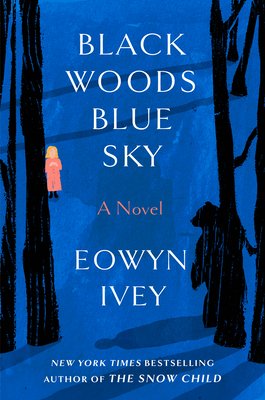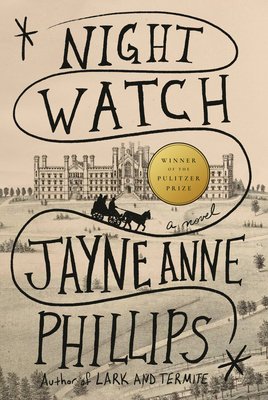"A reader lives a thousand lives before he dies, the man who never reads lives only one." —George R.R. Martin
I’ve never been a math girl, but I hope to skyrocket past a thousand lives. I think Rae’s already there. (She dusted off a few good reads in the womb.) LitHub, of all people, has done some math for me. Accounting for different types of readers and life expectancy rates based on gender, here are some sobering stats surrounding potential numbers of books I’ll get to read before I die:
55 and female: 86 (31 years left)
Average reader: 372
Voracious reader: 1,550
Super reader: 2,480
Think about these numbers for a minute. They’re downright scary. I can’t wrap my noggin around the idea of meeting fewer than 400 more protagonists. Friends really. Of course, fear isn’t rational. I read well beyond the average 12 books a year. I revel in living colorful, unique, sometimes eye-opening and inspirational lives. No surprise there.
I’m elated to have lived for a time in the small town of Everton, New Hampshire. The Starlings are an unforgettable bunch. At the family’s helm is Clive—an eccentric poetry professor who plays in a band called Blacker Sabbath, hallucinates by way of seeing animals, and talks to the ghost of a naturalist patterned after Doctor Doolittle. Clive is dying. He has a terminal brain disease. His daughter Emma, born with natural healing powers, pretends to attend medical school in far away California. The prodigal daughter returns to Everton to face not only her dad’s deteriorating condition but town judgements because her ambitious life plan has gone awry. She and her quirky, dementia ridden, sometimes embarrassing father join forces to find Emma’s best friend (turned Heroin addict) who goes missing and is believed by all to be dead. Well not exactly “all”—residents of the Maple Street Cemetery who are optimistically sunny despite being dead, they believe in Clive and Emma’s rescue mission.
Annie Hartnett is clever. I love that she chose Everton’s dead to narrate her novel. Unlikely Animals is classified as tragicomic—a book that blends aspects of both tragic and comic forms—a narrative that explores heartbreaking aspects of life alongside lighthearted and laughter-inducing moments. I laughed out loud several times. I’m with the reviewer who said, “This is a big novel doing big things….[Hartnett] explores how we construct the miraculous after our promise has left us, and challenges us to dream through disillusionment even as suffering derails us.” Now that’s a lesson for the ages, definitely one I need to learn.
P.S. I will, without a doubt, be reading Hartnett’s first novel Rabbit Cake.








